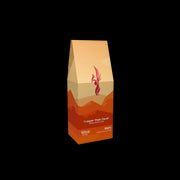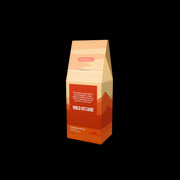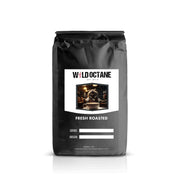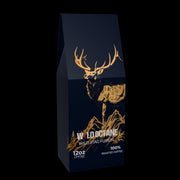Decaf coffee, short for decaffeinated coffee, is coffee from which most of the caffeine has been removed. The decaffeination process typically eliminates about 97% or more of the caffeine content. This process can be achieved through various methods, including the Swiss Water Process, which uses water to remove caffeine, and the CO2 method, which employs carbon dioxide. Despite the decaffeination process, decaf coffee retains many of the same compounds that give regular coffee its flavor and aroma, although it often has a slightly milder taste. When brewing decaf coffee, the process is similar to regular coffee, but it's essential to choose high-quality beans to ensure a rich flavor profile. Arabica beans are generally preferred for decaf coffee due to their smoother and more complex flavor compared to Robusta beans. The best decaf coffee beans often come from regions known for high-quality coffee production, such as Colombia, Ethiopia, and Brazil. The flavor profile of decaf coffee can vary widely depending on the origin and roast of the beans but generally features notes of chocolate, nuts, and fruit, with a less pronounced bitterness than regular coffee. Proper brewing techniques, such as using freshly ground beans and maintaining the right water temperature, can enhance the taste of decaf coffee, making it a satisfying alternative for those looking to reduce their caffeine intake.







